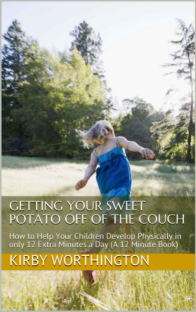A Rule of Thumb: Take children's fear as a very real event for them, even if what they are afraid of doesn't exist (e.g. a monster under the bed). A monster may not be real; but the fear is.
In looking at the brain developing according to age, a preschooler does not have the logic of an adult. Therefore, using logic to talk them out of their fears will not work. This is where compassion and comfort come in. For instance, in the scenario of walking across a slotted bridge with narrow cracks, as long as a child can see through the cracks, they think they will fall through. (Some children may be oblivious to this.) An appropriate response when the child is afraid would be to pick them up and carry them, not try to reason with them about the slots.
In very non-scientific terms, this is what happens when a child is afraid:






